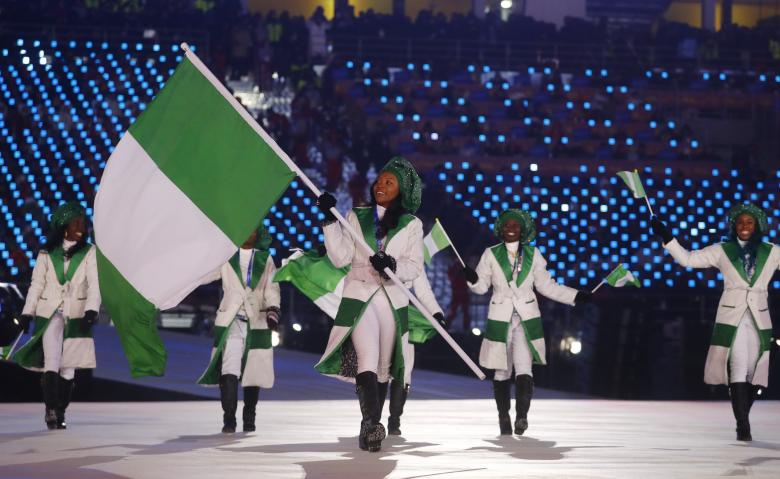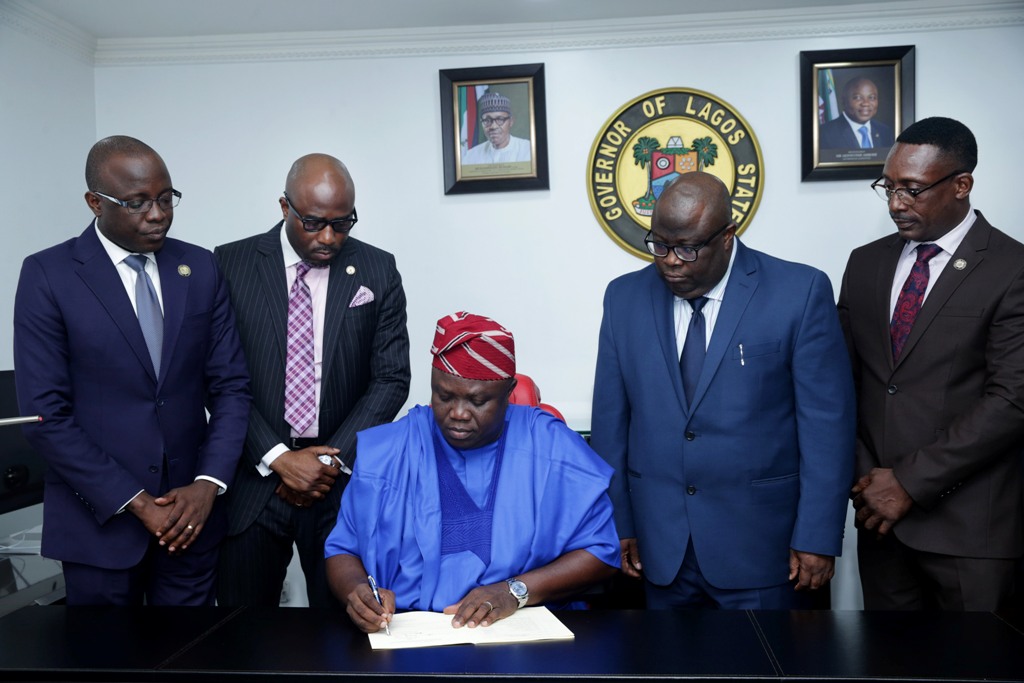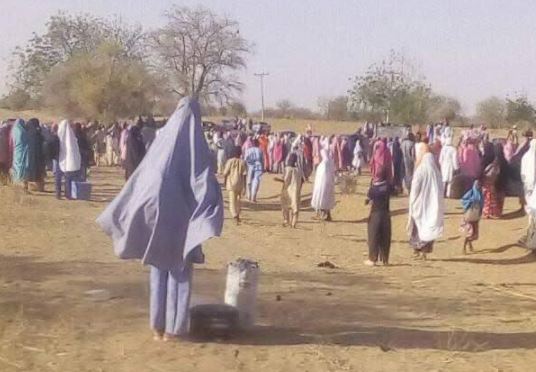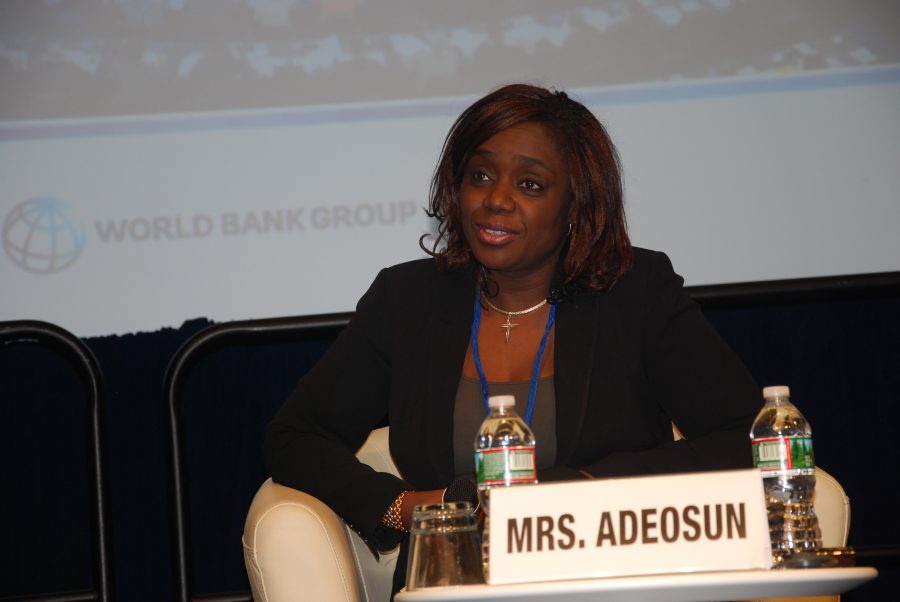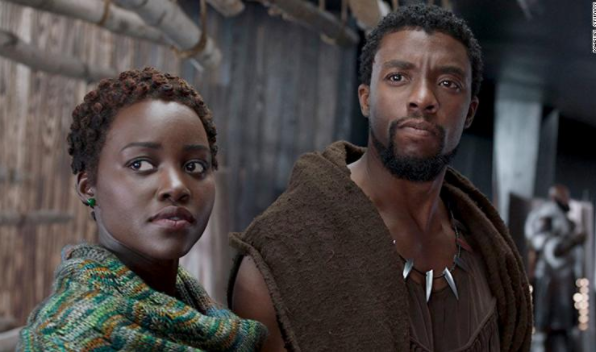CNN anchor, Isha Sesay, is right about what she said on her Twitter handle. The kidnap of the 110 girls of Government Girls Science Technical College, Dapchi, is not a national disaster as President Muhammadu Buhari had described it; it’s a national disgrace.
The only thing worse than the disgrace is the incompetent response of Buhari’s government and the buck-passing in a moment of national grief.
How do we tell a world that still cannot understand how 256 girls got missing in Chibok, that after four years of trying and managing to rescue 100, another 110 girls are now missing without trace?
How do we explain to the parents and families involved that one week after their children were taken away from school by terrorists neither lawmakers representing the constituency, nor the state governor, nor the policemen in charge of the area, nor the soldiers, can give an account – any kind of coherent account at all – of what happened?
Advertisement
Buhari promised to keep Nigerians safe and secure. How can he look at himself in the mirror today and not think that if the missing 110 schoolgirls is a national disaster, then his personal failure to keep his promise is the father of that disaster?
When it happened under former President Goodluck Jonathan, Buhari’s All Progressives Congress, then the opposition party, said it couldonly have happened as a result of malicious incompetence.
That may have been correct. Jonathan’s government did not make any pretensions about honesty or competence. Army generals were diverting funds set aside for the war on Boko Haram into their private pockets and angry troops, tired of fighting with their bare hands and buying their own medicines at the war front, were shooting their commanders or fleeing across the border.
Advertisement
One hundred Chibok girls are still missing today because Jonathan believed some of those who were around him, who said the story of the missing girls was a hoax by the opposition to undermine his government.
Have you noticed how the rank and file of Jonathan’s party, the Peoples Democratic Party, has jumped on the bandwagon to flog Buhari?
The same people who said Chibok was a scam and on whose watch Boko Haram grew from a homeless status to become a landlord?
I know that politicians must play, but to play with the fate of children whose lives they endangered by their callous negligence is unforgivable.
Advertisement
It’s surreal to think that we’re right where we were four years ago; that in the same Yobe where 29 boys were murdered by Boko Haram in their hostels, 110 girls were later abducted and Minister of Interior, Abdulrahman Dambazau, is saying the government is taking steps to ensure that this does not happen another time.
Well, there’ll be another time for Dambazau and all those who have shamelessly let the country down yet again. There’ll be another time for Army spokesperson Onyeama Nwachukwu; the Yobe State commissioner of police Sunmonu Abdulmaliki, and for their bosses who sent them to rub salt in our wound by trading blames.
There’ll be another time for Governor Ibrahim Geidam who had falsely announced the rescue of some of the girls even before seeing the parents of the girls and hearing their own side of the story.
Sure, there’ll be another time to announce that more billions of naira has been poured into the war on Boko Haram and anyone who wants can now have a picnic anywhere in the North East. There’ll always be another time to deepen our misery.
Advertisement
But there won’t be another time for the 110 missing girls or for the parents and families who are haunted by the bizarre thoughts of just where their girls are or what is happening to them.
There won’t be another time to repair the future of those children and hundreds more like them who will see no point at all in going to school.
Advertisement
It is not Dambazau saying that the government is taking steps to ensure that this won’t happen again that doesn’t make sense to me. It is the fact that the government has not said what it would do to prevent more girls from being kidnapped or more boys from being murdered in their dormitories.
Just like it happened in Chibok, it took Boko Haram one to two days of doing a recce and bedding in before the girls were rounded up and herded away in trucks.
Advertisement
There was a calamitous failure of intelligence between Dapchi and either Geidam or Damaturu – both places where soldiers attached to Operation Lafia Dole had at least not been withdrawn and which are only about 60 kilometres from Dapchi. This failure paved the way for the girls to be taken away with the casualness of a practice match.
What is Buhari going to do about it? How many schools are still open outside the capitals of Yobe, Adamawa or Borno? And why is it impossible to deploy vigilantes or drones or some minimum form of technology to complement the effort of the brave soldiers on the front lines to secure schools and other soft targets?
Advertisement
Unlike Chibok, which happened in the forest area of Sambisa, Dapchi is miles and miles of flat land, stretching all the way up to the arid borders of Niger Republic. I’m lost for words that in a zone that is practically at war, nearly half a dozen trucks plied the major Damaturu-Bayamari Road for hours on February 19, 2018, with distraught schools crying for help and nothing happened.
To say there won’t be a next time does not mean it won’t happen because Dambazau said so. Buhari’s government has put Boko Haram on the back foot. Yet, if the rising wave of other forms of violence is a parable of how much work still needs to be done, then Dapchi is a clear statement that the government has been too eager to give itself a pass mark.
And soon we’ll forget. The only reason why we’re still talking about Chibok is because Oby Ezekwesili and members of the Bring Back Our Girls campaign group have refused to give up, despite the odds.
Dambazau and others can say it won’t happen again because they know that, like Chibok, we’ll get used to Dapchi and, as usual, just get on with our lives; leaving the matter to God and surrendering ourselves as willing victims of the next idiocy.
Are we all right?
Ishiekwene is the managing director/editor-in-chief of The Interview and member of the board of the Global Editors Network.
Views expressed by contributors are strictly personal and not of TheCable.
Add a comment



